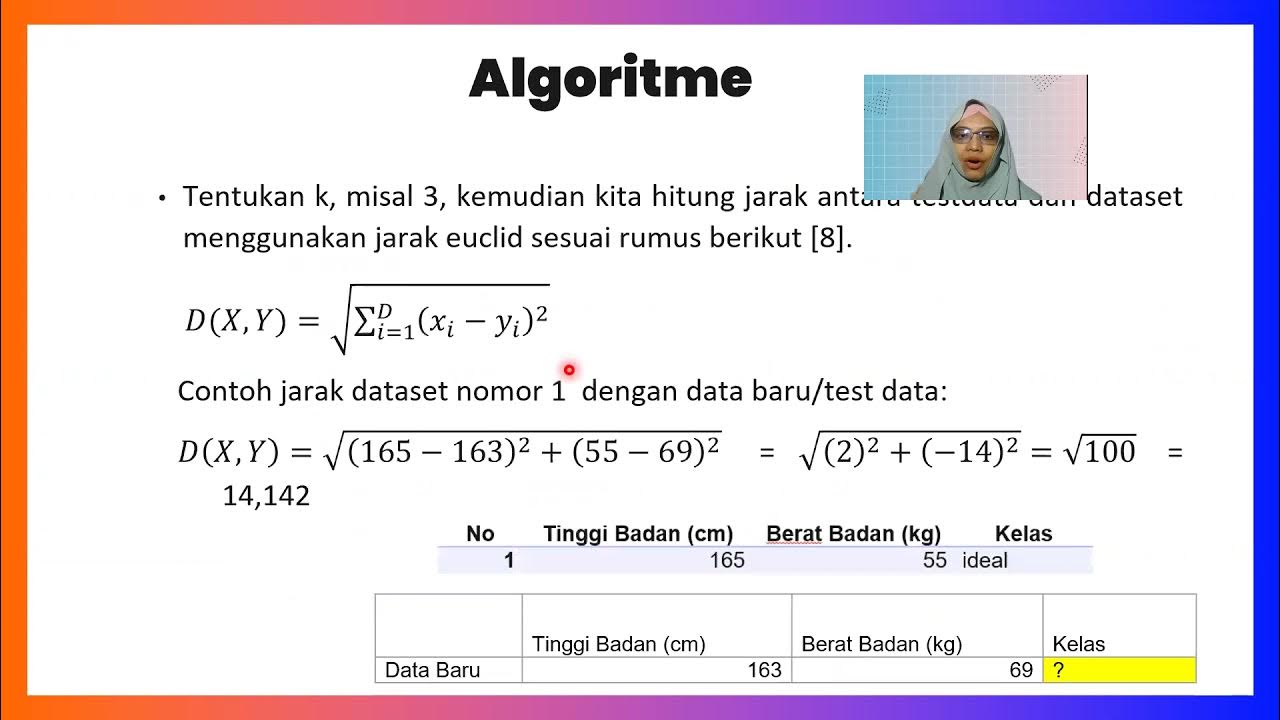RPH C 5.4 - DOING LOCAL AND ORAL HISTORY
Summary
TLDRIn this presentation, Monara K. Pasigan introduces the concepts of local and oral history, emphasizing their significance in understanding history from a localized perspective. Local history focuses on specific communities, studying local institutions, economies, events, and heroes. Oral history, a key methodology in local history, relies on personal testimonies to provide insights, particularly in underrepresented areas. The discussion underscores how these approaches offer alternative narratives to dominant national histories and challenge extreme ideologies. Local and oral history fill critical gaps, presenting a more inclusive and holistic view of the past.
Takeaways
- 😀 Local history is the study of the history of a specific community or smaller geographical area, focusing on institutions, economy, heroes, and events.
- 😀 Oral history is a methodology that collects historical information through interviews with individuals who have witnessed or experienced historical events.
- 😀 Local history helps provide a deeper understanding of specific communities, offering alternative perspectives to national history.
- 😀 Local history can include the study of local heroes, such as community leaders who contributed significantly to local development.
- 😀 The importance of local history lies in its ability to preserve collective memory and provide insight into the unique characteristics of smaller communities.
- 😀 Oral history is especially valuable in rural or underprivileged areas where written records might not exist, giving voice to those who are often overlooked in traditional historical accounts.
- 😀 Challenges in studying local history include difficulties in locating sources and gathering oral accounts, particularly in communities with limited written records.
- 😀 Oral history offers a new and inclusive approach by recording memories and experiences passed down through generations, which might be missed in written documentation.
- 😀 Oral history is often criticized by traditional historians who favor written records, but it remains an essential tool for capturing diverse narratives and voices.
- 😀 Local and oral histories fill gaps in national history, providing a holistic and more inclusive view of the past, especially by highlighting the role of local events and people.
- 😀 Both local and oral histories allow historians to explore perspectives 'from below,' such as the people's power movements, and can challenge dominant national narratives.
Q & A
What is the main objective of the lesson in the video?
-The main objective of the lesson is to help students understand local history, learn about oral history as a methodology, and recognize the importance of both local and oral history in historical research.
How does the presenter define 'local history'?
-Local history is defined as the study of the history of a particular community or a smaller geographical unit, such as a municipality, province, or city, focusing on local institutions, events, heroes, and economies.
Why is local history considered important in the study of history?
-Local history is important because it provides a more specific, community-centered perspective, offering an alternative interpretation to national histories and highlighting overlooked local experiences and contributions.
What types of topics are typically covered in local history studies?
-Local history covers topics such as local institutions (e.g., churches, libraries), local economy (e.g., businesses, agriculture), local heroes (e.g., community leaders), and local events (e.g., festivals).
What are some examples of local institutions mentioned in the presentation?
-Examples of local institutions include churches, public libraries, and other public offices or establishments within a community.
How does local history offer an alternative perspective to national history?
-Local history offers a perspective 'from below', focusing on the experiences of people and communities that may not be reflected in national political and economic narratives, thus balancing extreme or dominant nationalist interpretations.
What is oral history, and how does it relate to local history?
-Oral history is a methodology that gathers historical data through oral accounts from community members and witnesses. It plays a crucial role in local history, particularly in areas where written records may be scarce or absent.
Why is oral history especially important in rural or underprivileged communities?
-Oral history is crucial in rural or underprivileged communities because these groups are often left out of written historical records. Oral history helps preserve their experiences and perspectives, which might otherwise be forgotten or overlooked.
What criticisms do some historians have of oral history as a methodology?
-Some historians, particularly those with a positivist approach, criticize oral history for relying on memory rather than written documents, which they believe are more objective and accurate sources of historical data.
How can studying local history and oral history contribute to a more inclusive study of the past?
-Studying local history and oral history contributes to a more inclusive understanding of the past by highlighting alternative perspectives, especially those from marginalized groups, and filling gaps left by traditional national narratives.
Outlines

このセクションは有料ユーザー限定です。 アクセスするには、アップグレードをお願いします。
今すぐアップグレードMindmap

このセクションは有料ユーザー限定です。 アクセスするには、アップグレードをお願いします。
今すぐアップグレードKeywords

このセクションは有料ユーザー限定です。 アクセスするには、アップグレードをお願いします。
今すぐアップグレードHighlights

このセクションは有料ユーザー限定です。 アクセスするには、アップグレードをお願いします。
今すぐアップグレードTranscripts

このセクションは有料ユーザー限定です。 アクセスするには、アップグレードをお願いします。
今すぐアップグレード5.0 / 5 (0 votes)






